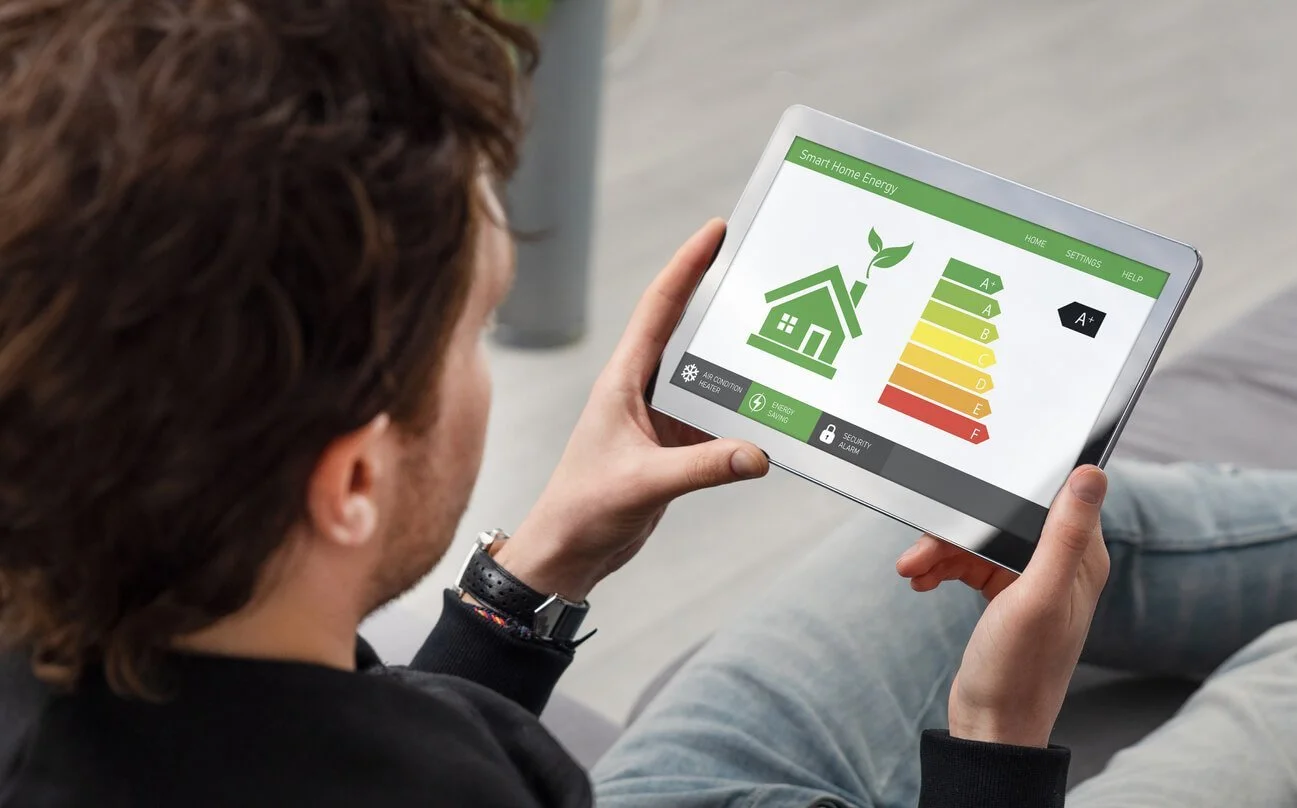With the rising cost-of-living, and more and more Kiwis taking the environment to heart, there are buyers in the market looking for sustainable homes to live in.
And they’re prepared to pay a premium for it. According to US research cited by a recent REINZ report, the average buyer is willing to pay an extra $14,000 upfront for a house, if they can save $1,000 a year on utility costs.
So, how can real estate agents tap into this growing market and maybe go green themselves? Here are some expert tips* we have pulled together for you.
Highlight the health benefits
Living in a healthy environment free from mould, pests and moisture is a key priority for most buyers. And thanks to better insulation and more efficient heating, sustainable homes usually come with increased comfort and well-being, and a higher quality of life overall.
Research shows that heating, insulation and ventilation help reduce the risk of respiratory disease, cardiovascular disease, and even depression or high levels of stress. Yes, a healthier home is a happier home too. So, these benefits are definitely worth highlighting when presenting the property: buyers will take notice.
Showcase the environmental benefits
According to United Nations estimates, real estate accounts for about 40% of the world’s energy consumption and a third of all carbon emissions. The good news for the planet is that many buyers are looking for ways to do their bit and reduce their carbon footprint.
Advances in technology and materials allow for better insulation, automated (and more efficient) systems, and even the opportunity to generate renewable energy. Plus, there are eco-friendly features (like grey water reuse for irrigation and landscaping, or low-flow faucets and shower heads) designed to minimise water use. This way, not only buyers can lower their utility bills, but they can also help address water scarcity - one of the world’s leading environmental challenges.
Talk about the financial benefits
We quickly touched on these already, but it’s important to stress that there are financial benefits for property buyers choosing a sustainable home.
The first advantage is lower utility bills: the long-term savings can be significant, reducing household costs overall. According to the World Green Building Council, certified eco-friendly homes have been shown to consume 25-50% less energy and 11-30% less potable water than non-green buildings. In 2015, the European Commission estimated that global energy efficiency measures could save between €280-410 billion per year on energy spending.
On top of this, high-quality sustainable materials tend to be less durable than their old, non-sustainable counterparts, which means lower maintenance costs. And let’s not forget the potential for a higher resale value: overseas research found that energy-efficient homes see a 6% uplift in value. Again, that’s something worth highlighting.
Beware of greenwashing
As interest in sustainability continues to rise, people are growing wary of ‘greenwashing’. So, authenticity is key and a matter of reputation. So, how can you avoid the risk of unwitting greenwashing?
Educating yourself on green home-related issues, as some experts suggest, is a good place to start: it means you’ll be able to answer buyers’ questions and stay current on green home features.
Whether you choose to go down this path or not, make sure you provide prospective buyers with a checklist of all energy- and water-efficient products or appliances in the house. And of course, don’t forget about any green-building ratings the property may have, like Homestar, Passive House or Green Star.
Go green yourself
Sustainability is not just a selling point, but a vital business strategy. And there’s no better way to show that you’re an advocate of buying sustainable housing than leading by example. Like to go green with your own real estate business? Read on for some key steps you can take.
Set emission targets: you can use the Climate Action Toolbox on business.govt.nz to get started; it allows you to get an estimate of your emissions and build an action plan to reduce them.
Make your office eco-friendly: even if you can’t instal solar panels on the roof, you may still be able to optimise your office space for sustainability, reducing waste and energy use (for example, going paperless or using recycled materials whenever possible).
Send eco-friendly settlement gifts: choosing brands and providers that practise sustainability is an opportunity to ensure that your services are remembered for all the right reasons.
How we can help you and your vendors
According to 2019 research into Kiwi consumers’ perceptions, sustainability is a concern for 87% of New Zealanders and the third-most important factor in their purchase decisions, behind quality and price.
A premium real estate marketing campaign will give proper emphasis to all the eco-friendly features that homebuyers look for and we can help your vendors pay for it through our List Now payment portal.
Vendors have the choice to pay in three ways – credit card, bank transfer or pay in six months’ time or when the house settles. Vendors can also fund any renovation costs as well eco-upgrades to boost the buyer’s appeal. Get in touch if you’d like to learn more.
*Sources:
Environment.govt.nz | Stuff.co.nz | Stuff.co.nz (2) | Bioenergyconsult.com | Greenbusinessbureau.com | Oneroof.co.nz | Greenhomeguide.com | Propertyforum.eu | Worldgbg.org

